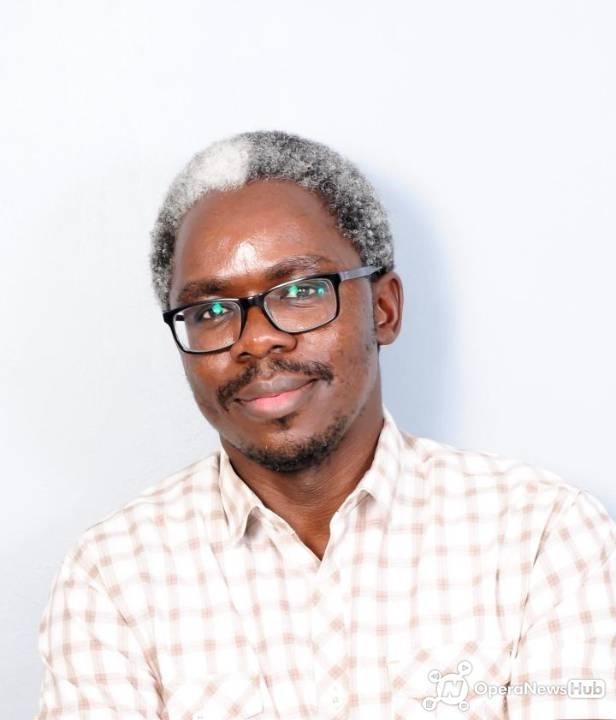Combat stigma with facts

The story of Sarah Mwangi makes for an astonishing and alarming occurrence where people’s fearful response worsens a Covid-19 situation.
Twenty-nine year old Sarah was infected with Covid-19. While at a health facility, her neighbours were phoning to tell her to move out of their neighbourhood. The neighbours also circulated her picture so everyone would recognise her as Covid-19 positive and avoid her. The result, after being discharged from hospital, was that she found herself being stared at and pointed out in the streets with shouts of, “There she is.” As a result, Sarah suffered panic attacks and had to seek counselling to survive.
Stigma, according to Prof Lukoye Atwoli, a professor of Psychiatry at the Aga Khan University Medical College, is among the worst enemies of the society in a moment of a pandemic such as Covid-19. It is a multi-headed hydra that undermines the safety of the population and the quest to flatten the infections curve.
Stigma, he says, leads people to evade testing so they are not associated with Covid-19. “Those with symptoms or illness hide to avoid discrimination and those infected avoid seeking care for fear of discrimination as well,” he says. Stigma further inhibits healthy and protective behaviours because the society links those who take the steps with COVID-19. However, there is a still more insidious impact of stigma: “Overall, it undermines social cohesion and solidarity, leading to increased risk of spread of the virus.” In other words, it increases the possibility of what the society fears coming upon it.
Prof Lukoye has been handling Covid-19 associated stigma cases at the Aga Khan Hospital. His experience has led him to put together a document titled “Covid-19 and Stigma: Can we all just be nice?”
The document outlines three components of stigma. The first is ignorance, which is a lack of knowledge or information about COVID-19. It gives rise to prejudice which, principally, is a combination of negative attitudes and ideas about COVID-19 or people infected or affected by it. The third component is discrimination. This is encapsulated in acts that segregate and separate “us from those with COVID-19.”
Sarah Mwangi, the former Covid-19 patient, says that once she understood that her neighbours were acting in ignorance, she restrained herself to only respond with understanding. The counselling in particular has helped her to see things less from her point of pain and more from their point of ignorance.
To handle stigma, Prof Lukoye prescribes a three-pronged assault on what he calls “the triad” of ignorance, prejudice and discrimination. “To combat Ignorance, give information, correct the misinformation and answer all the possible questions being bandied out there.” He also advises that those in charge admit when they don’t know all the facts. They should neither pretend to have all the answers nor dismiss offhand questions to which they don’t have answers. To answer prejudice, he calls on authorities to model the right behaviour, such as a caring and humane attitude, understanding and helping.
This advice is particularly apt in the light of complaints by members of the public that their dead from Covid-19 are not being treated well by government workers and officials. The professor advices that discrimination should be outlawed altogether where possible, or discouraged and made taboo where it cannot be outlawed. The authorities should “uphold rights-based approaches in care and social services, and adopt whole-community approaches in addressing needs.”
When I asked Sarah Mwangi how her neighbours got to know that she was Covid-19 positive, she it seeped out when Ministry of Health officials informed the landlord that they needed to fumigate the apartment block. That is how the neighbours worked out who among them had contracted the novel Corona virus. Could the ministry have saved this family the trauma of being stigmatised by doing things differently? Prof Lukoye says there is a way the government and organisations can carry out their activities so stigma is limited.
“They should maintain the privacy and confidentiality of those seeking healthcare and/or those who may be part of any contact investigation,” he says. Such practice would have saved Sarah and her family from the trauma of being singled out for discrimination. “It is further important to quickly communicate the risk, or its lack thereof, from contact with products, people, and places.” Prof Lukoye also says that disseminating accurate information about how the virus spreads is an important way of beating stigma.
Additionally, the government and organisations should call out negative behaviours and statements, even on social media, and in communicating the facts display images of diverse communities rather than create and reinforce stereotypes. He also says the government and organisations should deploy all media channels at their disposal to speak out against stereotyping and stigmatisation.
Lastly Prof Lukoye calls for use of appropriate language. “People-first language is helpful,” he says, drawing attention to lessons learned from managing HIV and mental health. “Avoid associating the disease with any particular region or group, talk about people being treated for or recovering from COVID-19 rather than ‘cases’ or ‘victims,’ and avoid the use of criminalizing language.” An example is to say people contract Covid-19 rather than transmit it. He also calls for the avoidance of ‘apocalyptic language.’ “Emphasize the positive, that the vast majority of those that get COVID-19 recover without complications and often without displaying symptoms.”
Lastly he speaks of the very thing that a number of Kenyans are disregarding – the effectiveness of preventive measures – handwashing, masking, sanitising and socially-distancing. “These must continue to be emphasised,” he concludes.
Our Services
Brochures
View our Centre for Behaviour Change and Communication Portfolio.













